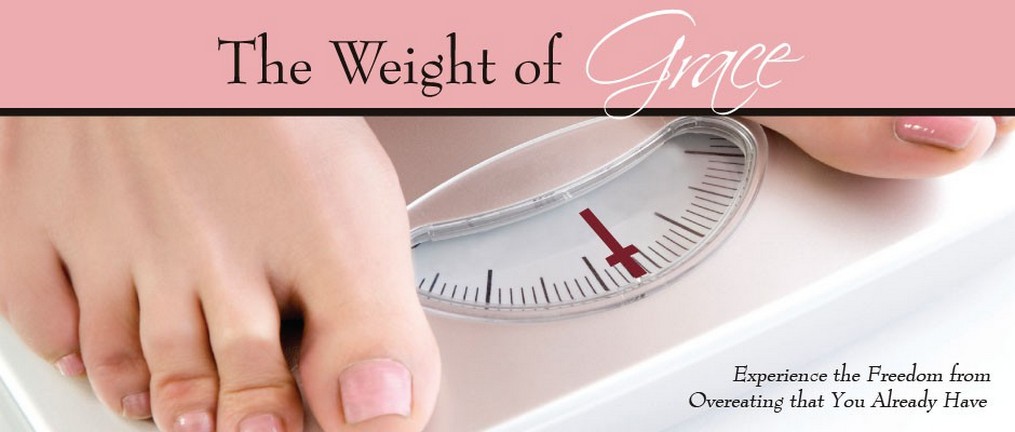The problem with making rules about food is made clear in Romans 7:7b-8:
For I would not have known what coveting really was if the law had not said, “Do not covet.” But sin, seizing the opportunity afforded by the commandment, produced in me every kind of covetous desire. For apart from law, sin is dead. (NIV)
It’s our “laws” about food that arouse our desire to break these “rules.” When do you most crave chocolate candy or fried chicken? When your diet plan says you can’t have them, of course! When you adopt the culture’s pronouncements about certain foods, you set yourself up for obsessions with what has been labeled “wrong,” “illegal,” or “off-limits.” The fruit that is forbidden is the fruit you want to eat the most!
In order to experience freedom from obsessions with food that result from dieting and culturally-imposed restrictions, it is necessary to take what, for many, is a very big leap of faith – set aside all the negative food labels and decide that all foods are truly permissible.1 Once you are convinced that everything is truly permissible, then you are able to find out which foods are really not beneficial for you.
“Everything is permissible for me” but not everything is beneficial. “Everything is permissible for me” but I will not be mastered by anything. (1 Corinthians 6:12, NIV)
When you are permitted to choose from every food available, you can then make choices based on how your body reacts to different foods. If you don’t let yourself eat fried chicken, you’ll never find out that it makes your stomach ache or makes you feel as though you have less energy. Instead, you’ll just long for that “forbidden fruit,” fried chicken. If, however, you experience a few times for yourself some negative consequences from eating fried chicken, you’ll find that you really don’t want to eat it very often. Or – and this is just as important a discovery – you could find out that you feel just fine when you eat fried chicken. Then, as a result of knowing you can have it any time you want, you’ll eat it only when you’re really hungry for it, which won’t be all that often because there are a lot of other tasty foods you’ll feel hungry for. If you think that fried chicken is a food you should never eat, you’ll eat it only when you’re “cheating,” and the guilt you feel about eating it, as well as the pleasure of indulging in something so “sinful,” will distract you from how your body really feels when you eat it.
Food restrictions don’t just fail at preventing overeating, they actually contribute to overeating by creating “forbidden fruit” syndrome.
1There are, of course, very necessary dietary restrictions that some people must follow, as in the case of diabetes, hypoglycemia, or food allergies. These are not the same as restrictions imposed by weight-loss diets, which declare “bad” many foods that are not necessarily harmful for most people.
